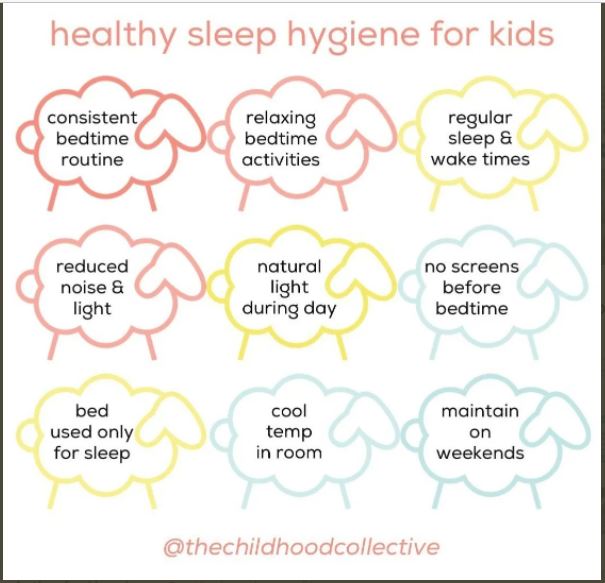
Healthy Sleep Habits for Kids: Nurturing Restful Nights
Ensuring that children get adequate and restful sleep is crucial for their overall well-being. Explore effective strategies and practices to establish healthy sleep hygiene for kids, fostering optimal growth and development.
Understanding the Importance of Sleep for Kids
Quality sleep is essential for the growth and development of children. It plays a vital role in physical health, cognitive function, mood regulation, and overall well-being. Understanding the significance of sleep sets the foundation for implementing healthy sleep habits from an early age.
Consistent Bedtime Routine for Stability
Establishing a consistent bedtime routine provides stability for children and signals to their bodies that it’s time to wind down. A routine might include activities like reading a bedtime story, gentle stretching, or calming music. Consistency reinforces healthy sleep patterns and contributes to better sleep quality.
Creating a Comfortable Sleep Environment
The sleep environment plays a crucial role in promoting restful nights. Ensure that the child’s bedroom is conducive to sleep by keeping it cool, dark, and quiet. Comfortable bedding and a supportive mattress contribute to a comfortable sleep environment, enhancing the overall sleep experience.
Limiting Screen Time Before Bed
Electronic devices emit blue light, which can interfere with the body’s production of melatonin, a sleep-inducing hormone. Limiting screen time at least an hour before bedtime helps children wind down and promotes the natural sleep-wake cycle. Encourage activities like reading or quiet play instead.
Encouraging Physical Activity During the Day
Regular physical activity has a positive impact on sleep quality. Encourage kids to engage in age-appropriate physical activities during the day, but avoid vigorous exercise close to bedtime. Physical activity helps expend energy, making it easier for children to relax and fall asleep.
Balancing Sleep Duration According to Age
Different age groups have varying sleep needs. For example, preschoolers may need 10-13 hours of sleep, while school-age children may require 9-11 hours. Teenagers still benefit from 8-10 hours of sleep. Understanding and adhering to age-appropriate sleep durations contribute to overall well-rested kids.
Nutritious Bedtime Snacks for Sustained Sleep
Providing a small, nutritious bedtime snack can be beneficial for sustained sleep. Opt for snacks that include complex carbohydrates and a bit of protein, such as a small bowl of whole-grain cereal with milk. Avoid sugary snacks close to bedtime, as they may lead to energy spikes.
Addressing Sleep Anxiety and Nightmares
Some children may experience sleep anxiety or nightmares. Create an open and comforting environment for them to share their concerns. Establish a bedtime routine that includes calming activities, and reassure children that it’s okay to come to you if they wake up frightened during the night.
Consistency in Wake-Up Times
Just as consistency in bedtime is important, maintaining a consistent wake-up time helps regulate the body’s internal clock. Consistent wake-up times support a more regular sleep schedule, making it easier for kids to fall asleep at night and wake up refreshed in the morning.
Seeking Professional Guidance when Needed
If sleep difficulties persist or if there are concerns about a child’s sleep patterns, seeking guidance from a pediatrician or sleep specialist is essential. Professional evaluation can identify any underlying issues and provide tailored recommendations for improving sleep hygiene.
Fostering a Lifetime of Healthy Sleep Habits
To explore further insights and resources on fostering healthy sleep habits for kids, visit Sleep Hygiene Kids. Establishing positive sleep hygiene from an early age contributes to a lifetime of healthy sleep habits. By prioritizing sleep, parents nurture the well-being and development of their children, setting the stage for a happy and thriving future.
